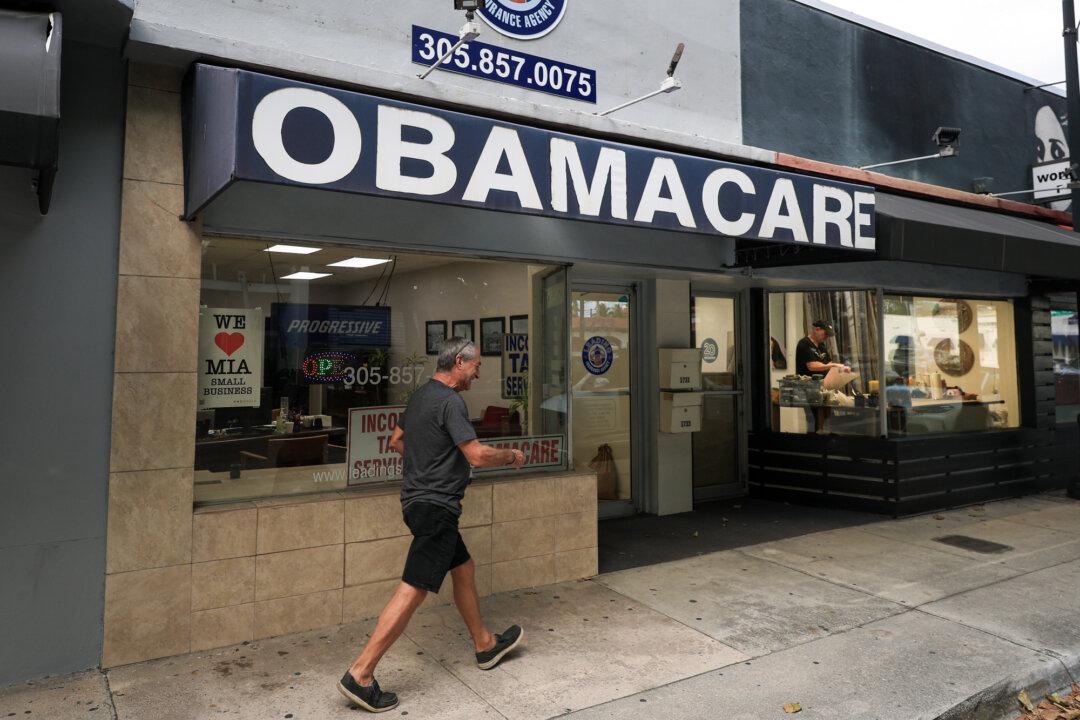The House Energy and Commerce Committee will debate the long-awaited budget reconciliation bill on May 13, providing a crucial test for Republicans who have been at odds over ways to reduce federal spending on Medicaid.
Medicaid funding is just one portion of the massive bill that lies at the heart of President Donald Trump’s agenda to cut $1.5 trillion in federal spending over 10 years while strengthening the military and renewing the Trump tax cuts passed in 2017.





